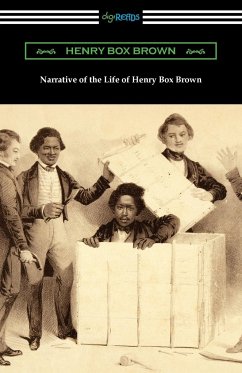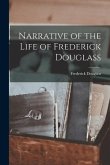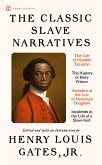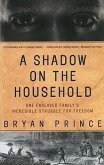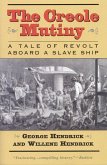Born in to slavery in 1815 or 1816 on a plantation in Louisa County, Virginia, Henry Brown would work as a slave in Richmond until his daring escape in 1849. In August 1848 Henry Brown's wife and three children were sold to a new master and relocated to North Carolina. Deeply affected by this loss, Brown decided to take the risk of escaping from his bondage. In one of the more creative examples of the escaped slave narrative, Brown, with the help of James C. A. Smith, a free black dentist, and Samuel A. Smith, a white shoemaker, fitted himself in a wooden box and shipped himself on the Adams Express, a railroad package service. After a twenty-six hour journey by wagon, steamboat, rail, and ferry, Brown finally emerged from his box at the Philadelphia office of the Pennsylvania Anti-Slavery Society. Following his emancipation, Henry Brown would become an active participant in the abolitionist movement. First published in 1851, the "Narrative of the Life of Henry Box Brown" relates Brown's life from childhood until his escape. Although not particularly important in the advancement of the abolitionist movement, this work was a commercial success upon its original publication, and remains an important part of the canon of American slave narratives. This edition is printed on premium acid-free paper.

